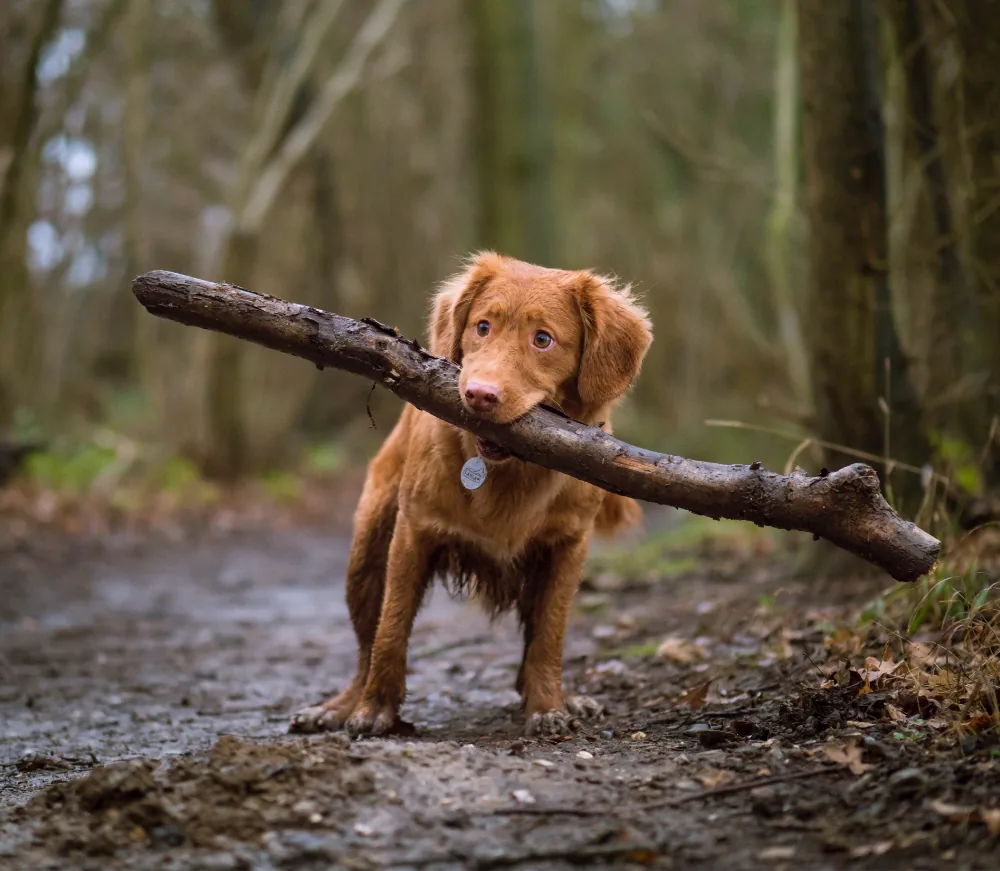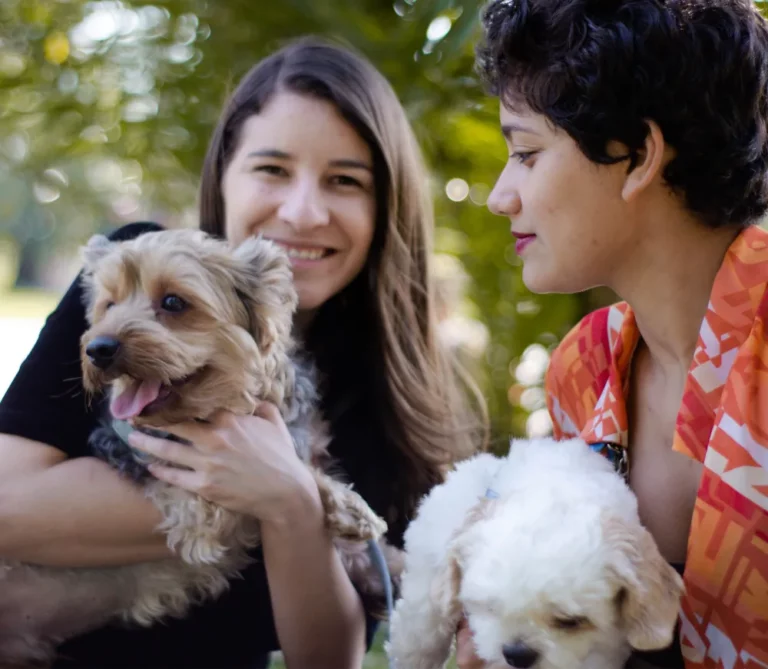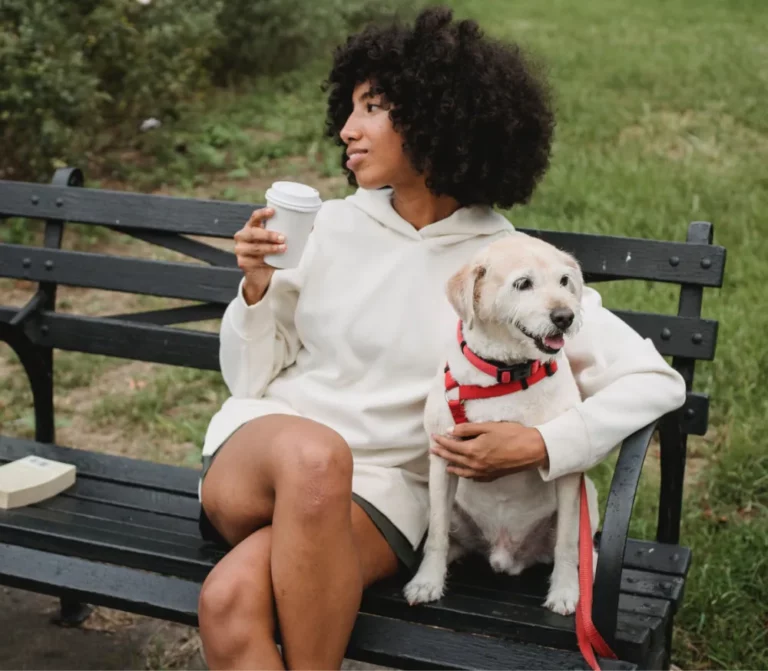
Being Cautious Around Wild Animals: Safety Tips for Pet Owners
Exploring the great outdoors with your pet is a wonderful way to enjoy nature and get some exercise. However, it’s essential to be cautious around wild animals to ensure the safety of both you and your furry friend. At Petsy, we want to help you make the most of your adventures while keeping everyone safe. Here’s a guide on how to be cautious around wild animals during your outdoor excursions.
Understanding the Risks
Wild animals can pose various risks to pets, from physical harm to the transmission of diseases. Encounters with wildlife such as raccoons, coyotes, snakes, and even deer can result in injuries or infections. Understanding these risks is the first step in preventing dangerous encounters.
Stay on Leash
One of the simplest and most effective ways to protect your pet is to keep them on a leash during walks, especially in areas known for wildlife activity. A leash allows you to maintain control and prevent your pet from chasing or approaching wild animals. It also reduces the chances of your pet getting lost or wandering into hazardous areas.
Be Aware of Your Surroundings
Staying vigilant and aware of your surroundings can help you anticipate and avoid potential wildlife encounters. Keep an eye out for signs of wild animals, such as tracks, droppings, or rustling in bushes. If you notice any of these signs, steer clear of the area and choose a different path.
Avoid Dawn and Dusk Walks
Many wild animals are most active during dawn and dusk. To minimize the risk of encounters, try to schedule your walks and outdoor activities during the daytime when wildlife activity is lower. This simple adjustment can significantly reduce the likelihood of crossing paths with wild animals.
Make Noise
Making noise while walking can alert wild animals to your presence and give them a chance to move away. Talk to your pet, sing, or use a bell to create a sound that will signal your approach. This can help prevent surprise encounters and keep wildlife at a safe distance.
Keep Food and Trash Secure
Food and trash can attract wild animals to your location. Ensure that you carry snacks and treats in sealed containers and dispose of trash properly. When camping or picnicking, store food in animal-proof containers and keep your campsite clean to avoid attracting unwanted wildlife.
Know What to Do if You Encounter Wildlife
It’s important to know how to react if you and your pet encounter a wild animal. Stay calm and do not run, as sudden movements can provoke an attack. Keep your pet close and slowly back away from the animal. In case of an aggressive encounter, make yourself look larger by raising your arms and using a firm voice to deter the animal.
Vaccinate and Protect Your Pet
Ensure that your pet is up-to-date on vaccinations, particularly rabies. Vaccinations provide a crucial layer of protection against diseases that can be transmitted by wild animals. Additionally, consider using flea, tick, and parasite prevention products to safeguard your pet from pests that may carry diseases.
Educate Yourself About Local Wildlife
Familiarize yourself with the types of wildlife common in your area and their behaviors. Understanding which animals are prevalent and how they typically behave can help you take appropriate precautions. Local wildlife agencies or parks may provide information and resources to help you stay informed.
Conclusion
Exploring nature with your pet can be a joyous and enriching experience, but it’s essential to be cautious around wild animals to ensure safety. By staying vigilant, keeping your pet on a leash, and knowing how to respond to wildlife encounters, you can protect both yourself and your furry friend. At Petsy, we encourage responsible and safe outdoor adventures, helping you create wonderful memories while keeping safety a priority. Enjoy the beauty of the outdoors with peace of mind, knowing you’ve taken the necessary steps to protect your beloved companion.



